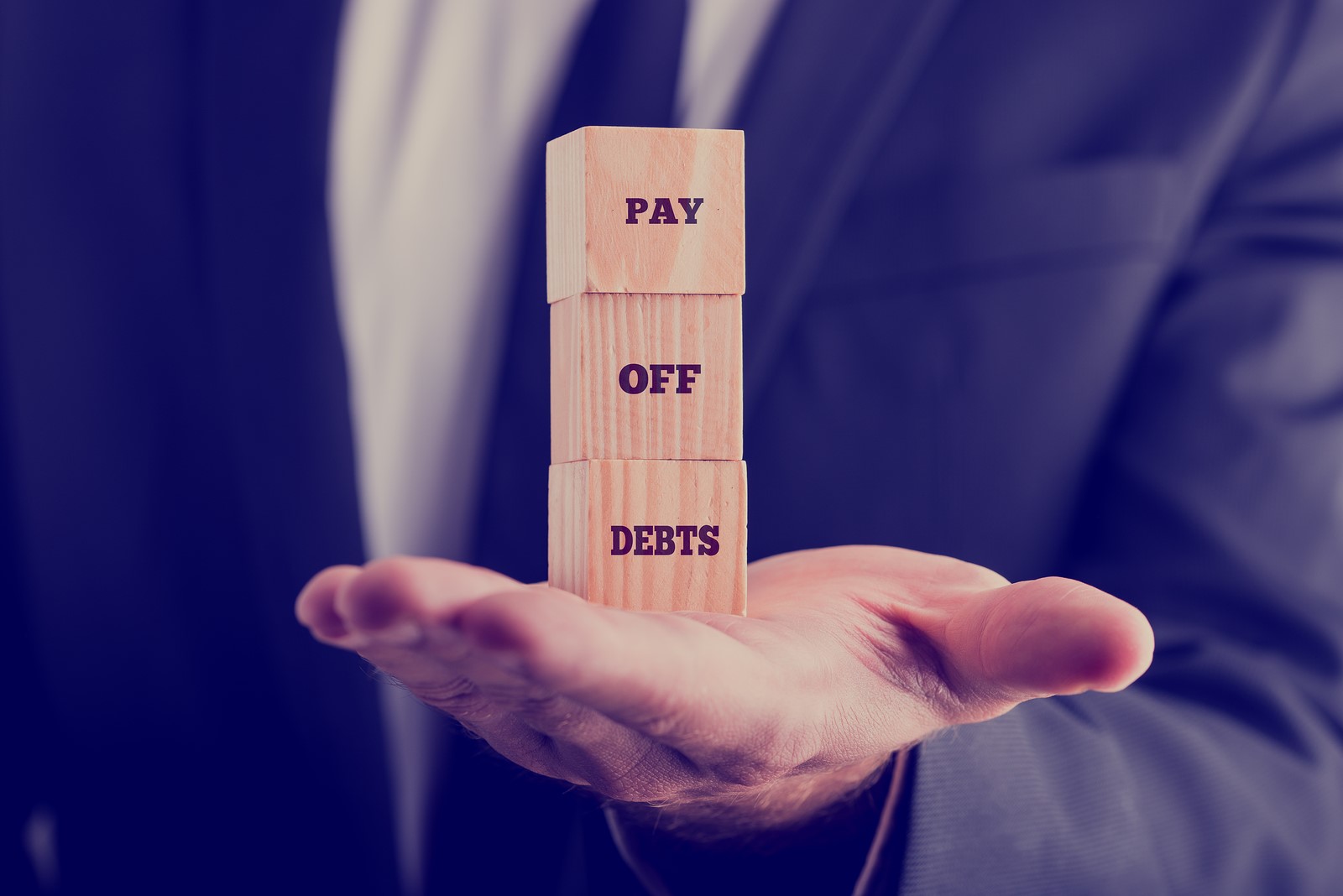Debt Relief: Know the Difference Between Secured and Unsecured Debts
Paying off huge debts can be a stressful ordeal. Fortunately, Canadians who may be burdened by too much debt can resort to several debt relief options. It is only a matter of choosing the right one for your individual needs. Debts fall in two major categories: secured and unsecured. Knowing the difference between the two can help you find the best debt relief option for you, by giving you a good idea on which ones to prioritize when the credit collectors come knocking.

Unsecured Debts
Unsecured debts sound a bit threatening but they are actually the easiest to manage of the two categories. The most common example is credit card debt, while other examples are court-ordered child support, spousal support, student loans, medical bills, and payday loans. These debts do not require any form of collateral, which lenders can have hanging over your head to get you to pay.
With the absence of collateral, lenders in unsecured debts may resort to other means, such as taking legal action and bringing you to court if you fail to pay within a given time limit. Lenders can also send a collector to constantly demand for payment and make life difficult for you. Unpaid unsecured debts can also have a significant negative impact on your credit report.
Secured Debts
Secured debts are, as the name implies, guaranteed by collaterals, or debtors’ assets held in lien by creditors until the debt is paid in full. Many actually prefer this arrangement since the interest rates are significantly lower. However, since you have a property on the line, it is a much more risky option. Some examples of this type of debt are home mortgages, and car loans or purchases. If you fail to pay on time, the lender has the right to sell the property that you have put up as collateral, or seize the property you purchased.
Debt Relief
When you have to prioritize one over the other in paying off your debts, the obvious choice would be secured debts. If you fail to make payments on these, you could lose your most valuable assets. On the other hand, unsecured debts might have higher interest rates that could keep piling on top of each other. The choice will depend on your current predicament. To help you find the best solution, consult noted debt consultants like Blair Greenwood from 4 Pillars Debt Consolidation & Credit Building for Victoria BC. These experts can guide you through your options and help you find a debt relief program that can get you out of a tight bind.
Sources:
What is the difference between secured and unsecured debts?, Investopedia
The Difference Between Secured and Unsecured Debts, www.Credit.About.com
